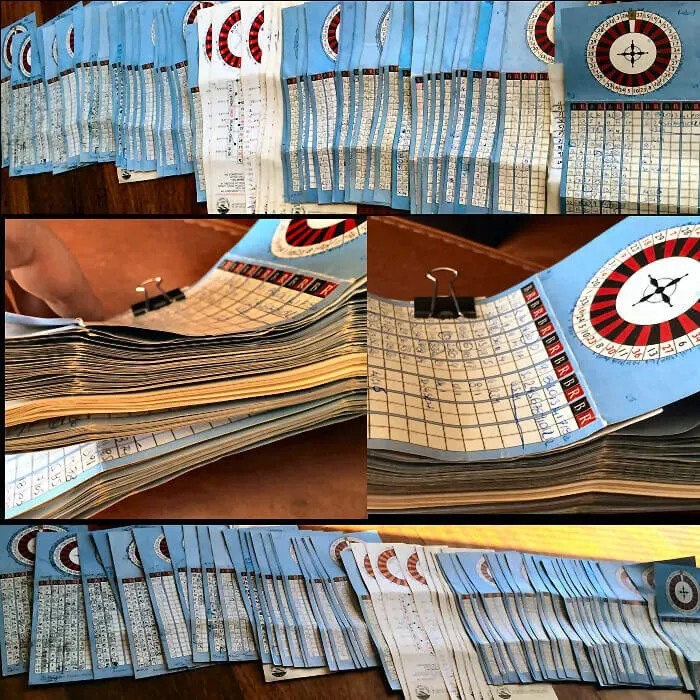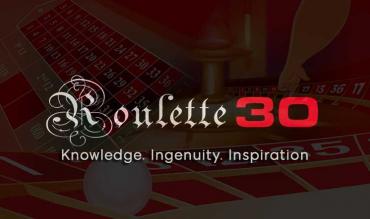First of all I believe I know the theory (probabilities). I use it as a tool to try to predict the real world roulette play. I believe that real roulette play (gambling) like most things in life is a very complicated phenomenon and simple probability (or even testing) can not give the full picture of it. I compare roulette with various other aspects of life, like business, the stock market etc. In all these areas there is theory (taught and studied in University level) and reality. The theory does not tell the full story. You can not map everything that’s in play.
Reality is oh! so complicated
Please let me digress and give you an example why theoretical knowledge is always inferior or even misleading, compared to reality. I read the other day that the communication experts had a clash with D. Trump about his statements and overall appearance. They say he makes a lot of mistakes. The thing is that D. Trump, with all his mistakes and outrageous remarks is the one who managed to win the presidential candidacy and not the experts. Let the campaign “experts” run for president themselves and see how they fare!
Another example: I’m convinced that a LSE business administration graduate will run a family business with less success than an Indian immigrant with no formal education runs his.
N. N. Taleb, a mathematics professor and highly respected risk management expert has touched upon this issue and often uses the phrase “skin in the game“ to describe the huge difference between knowing the theory and using statistics and other scientific tools versus taking an actual risk yourself.
I can not stress enough the difference between Theory and Praxis (actual action).
After years of expertise, dozens of PhD engineers and the latest simulation software, German auto makers still spend a fortune to test their cars on the road for thousands of miles. Guess why. Because theory can never tell you the whole story. Call it the “theoretical uncertainty” principle.

Now, Bayes would ask, does Praxis make probabilities irrelevant? No, probability may still be correct, but reality just adds other parameters into the mix. Too many and too subtle parameters to completely account for.
This is why I often take an “agnostic attitude” (being skeptical and unsure) about things I have not personal real life experience myself. For example, I never fully understood the difference between “virtual losses” and “past spins”. Palestis (and Harry) has many times tried to explain the difference to me yet I can see no difference. Yet I will not tell him he is wrong. Because I have not tried the “virtual losses” method myself in real conditions. In theory they are absolutely the same to me, but in Praxis there could be a difference. Why? Don’t know. Maybe not even Palestis knows really and has just noticed the effects, without being able to explain the reason of the difference in mathematical terms. I’m still “agnostic” (unsure) about the difference between virtual and past spins.
Betting Triggers
Triggers is a HUGE subject. There are all kinds of triggers. There are triggers, when to bet, there are triggers that dictate what to bet, and there are triggers that dictate both. Basically almost every bet selection depends on some trigger, broadly speaking. And yes there are triggers that look completely stupid to me. Anyway its crazy to put all kinds of “triggers” in the same category. How about Marigny the Grilleau kind of triggers?
Put simply, theoretically most triggers just limit your losses by limiting your attempts. Limiting at the same time your opportunities to win. No real benefit. Yet in reality…
I often use triggers. I played my own Kav bet system with great success using triggers. I have not tried it extensively without triggers, so I don’t really know if there would be a difference without them. Now since my experience has been using triggers with this system, I think that it would be unwise if I explained the system to omit the triggers. You can argue all day why triggers are useless, but my own experience is the ultimate argument to me. Does this means that I know exactly or that I can “prove” why the trigger works? I might have some idea, but I can’t “prove” anything mathematically. Nonetheless I just keep using it while being “unsure” about the reasons.
About the new roulette players
Yes newbies are strange beasts. I have seen many putting a lot of hope in obviously bad systems. On the other hand you would be surprised to know that many of them already know about the negative effects of the house edge. So they are in between losing all hope due to the house edge and putting faith in lousy systems. I don’t know if there is an easy solution to this. They just have to study a lot, read a lot, test a lot and be burned a bit, before they can form their own informed attitude and strategies for the game.
And yes, after all, maybe it is better for new players to stick with the house edge knowledge and quit the game for good instead of hoping to get rich with a “hot system”. But if someone wants to play roulette seriously anyway (for whatever reason), then he is welcome to find out that there are more possibilities to the game than the dreaded house edge and the always negative million spins tests.
Don’t be fooled
Please don’t get me wrong. I don’t dismiss mathematics as the main way of analyzing the game.
Probabilities are great. More than great, they are necessary. I would never advise anyone to start playing the game without knowing the probabilities of their bets. But you know what? Just because the game has clearly defined bets, payouts and probabilities, many people get the false idea that everything can be easily defined, described and accounted for on paper. No, it can not. If you don’t open your mind beyond basic math and don’t start to think creatively, you will always be stuck in the 2,7% disadvantage.
I don’t encourage anyone to use any roulette systems lightheartedly – after all it is your hard earned money. Be skeptical about everything and always remind yourself that “it can’t be that easy” and that “if something sounds too good to be true it probably is”. I find many systems, triggers, bet selections and betting plans useless. And just because I keep an “unsure” attitude on some ideas it doesn’t mean I endorse them.


